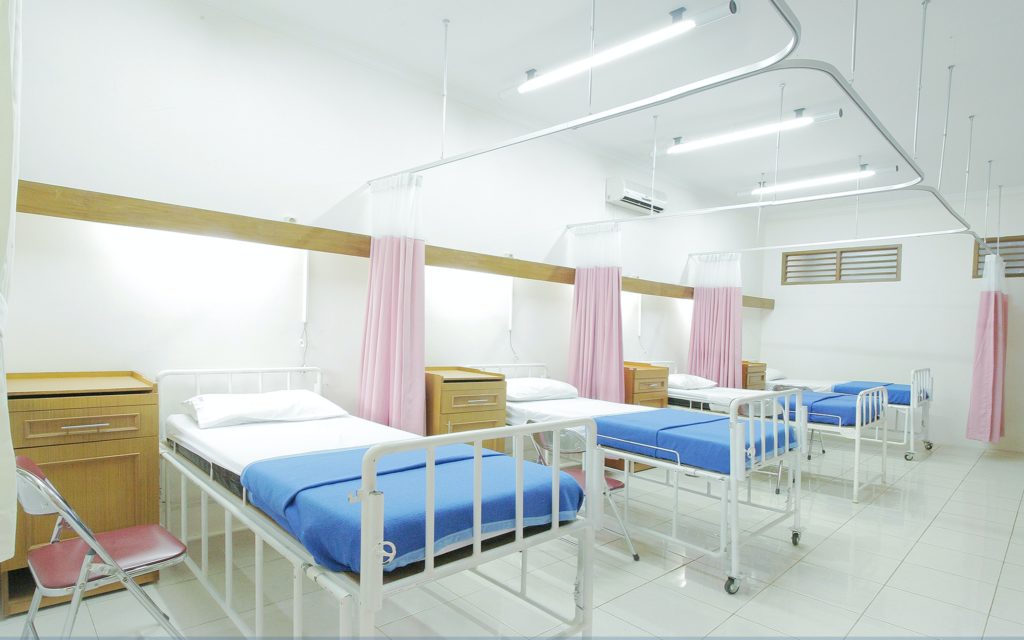As of 1pm today [May 31], the Western Cape has 9516 active cases of COVID-19, with a total of 21 103 confirmed cases and 11 099 recoveries.
The Western Cape has recorded an additional 16 COVID-19 deaths, bringing the total number of deaths in the province to 488. We send our condolences to their loved ones at this time.
A breakdown of the numbers reads as follows:




Since the lockdown began, the Western Cape Government has been hard at work to ensure, expand and prepare its provincial healthcare system and to put systems in place to reduce the spread. As part of the planning, government officials have constructed an 850 bed hospital at the CTICC and work is underway on a 300 bed facility at Brackengate.
In Khayelitsha, Medicins Sans Frontiers, working in collaboration with the provincial Department of Health, is close to completing a 60 bed facility which will provide an extension of the care offered at the Khayelitsha hospital just across the road. The Sonstraal Hospital in the Cape Winelands will provide an additional 150 beds.
Government officials have also partnered with taxi operators to create the Red Dot Taxi Service, which transport healthcare workers to and from work, and will transport residents to quarantine and isolation facilities.
A number of quarantine and isolation facilities have been identified, providing thousands of beds. Among them, a 300 bed facility donated by Old Mutual.
These endeavours have not been simple to achieve, however, they have been made possible by the hard work and commitment of all government departments and frontline health care workers.
For vulnerable groups:
Data from around the world and from the Western Cape, shows that people over the age of 55, and those with underlying medical conditions like diabetes, hypertension, heart, lung and kidney disease and obesity have a greater risk of becoming seriously ill or dying from COVID-19.
It is imperative that people in these groups continue to take the lockdown very seriously. People in these groups must remain at home and continue to take the necessary precautions to ensure that they remain safe under alert level 3.
The Western Cape Department of Health has put in place a medicine delivery system for stable, chronic patients. Community Healthcare Workers, in partnership with Uber will deliver medicine to patients’ homes so that they do not have to go to a medical facility and wait in queues to fetch medication.
For employers:
Many businesses will re-open tomorrow and many more people will return to work. The Western Cape has seen a number of infection clusters occur in essential workplaces which were operational during alert levels five an four. Business owners and management must take responsibility to ensure that they are protecting their staff and their customers. This includes ensuring that the workplace is regularly sanitised and that proper hygiene measures such as hand washing, and sanitising are in place and that the appropriate protective gear is provided for the situation.
Physical distancing must also be observed at all times, whether it be in how an office space is configured, or the number of people allowed into a store, or public space at a time. Employers who have staff who fall into the risk groups must make arrangements to ensure that they are sufficiently protected.
-Businesses that need to report an infection can now do so by filling in this form
-Businesses not complying with the regulations should be reported to the Department of Labour or using this online
form.
For individuals:
Visiting with family and friends, exercising in groups and attending large gatherings is still forbidden. Officials understand that many people miss their families and friends tremendously and would like to see them but the risk of potentially infecting a loved one, is a high price to pay. Internationally and at home, there have been examples of large gatherings which have contributed to the further spread of the coronavirus and must therefore be avoided at this time.
When outside of your home, ensure that you are always wearing your mask, in conjunction with regular hand cleaning and social distancing.
Alcohol sales will also resume as from tomorrow [June 1], however, government officials appeal to all residents not to rush out and stand in long queues where social distancing cannot be maintained, in order to buy alcohol.
Remember to drink responsibly. Research and experience have shown that excessive alcohol consumption is responsible for many harms in South African communities including addiction, violence, domestic abuse and road accidents, which all have significant psycho-social consequences and which can put our hospitals and our health services under additional pressure.
Image: Pixabay

